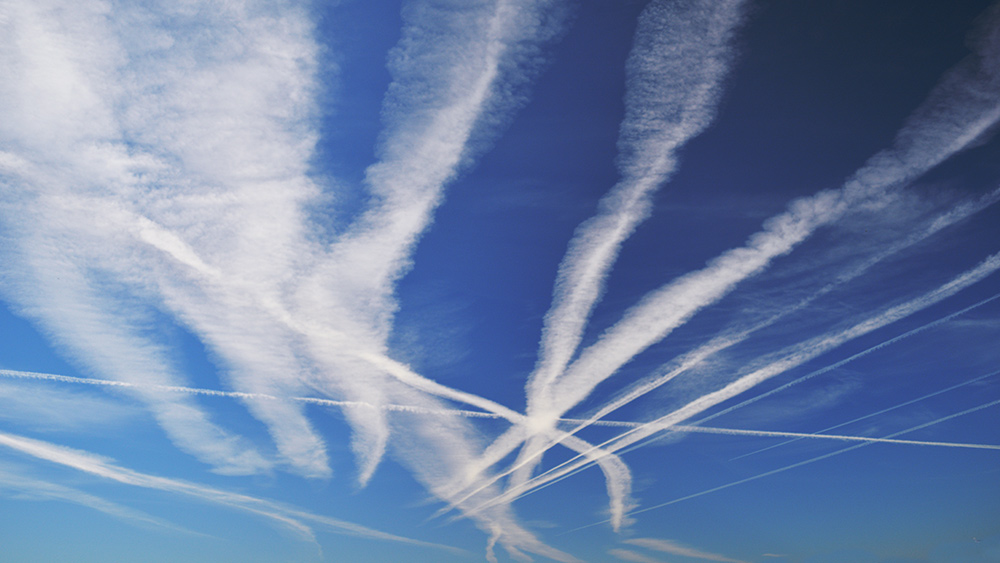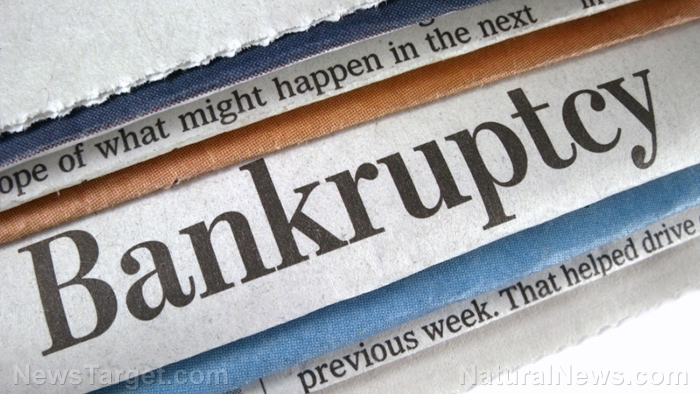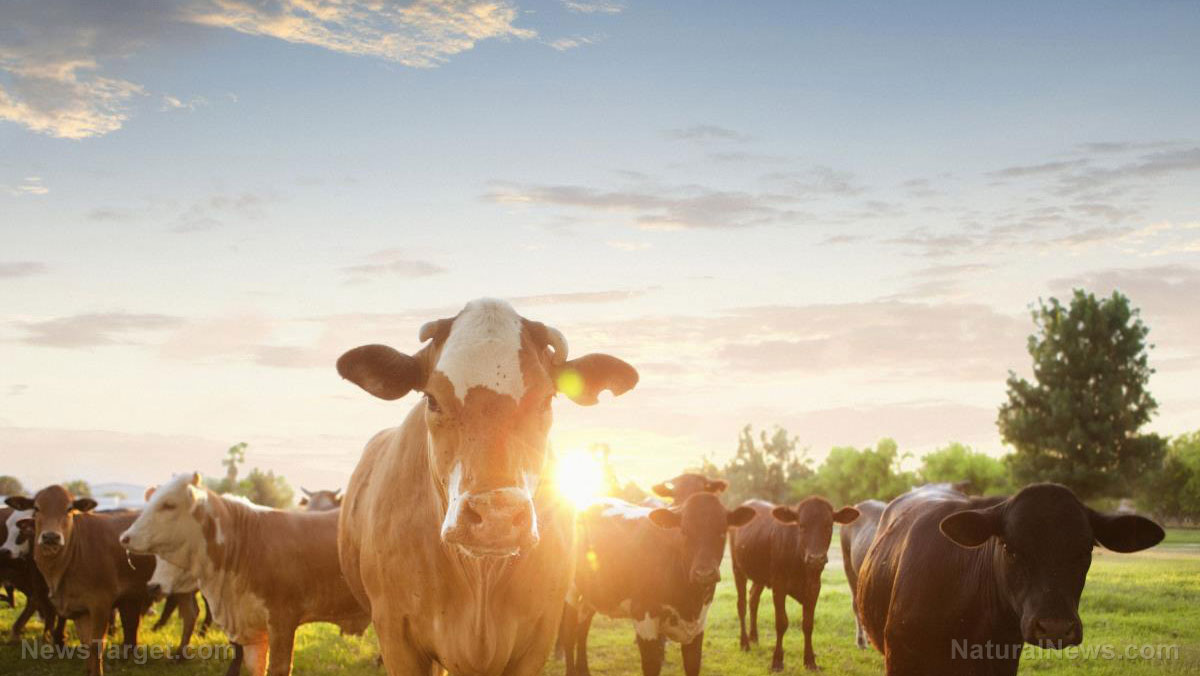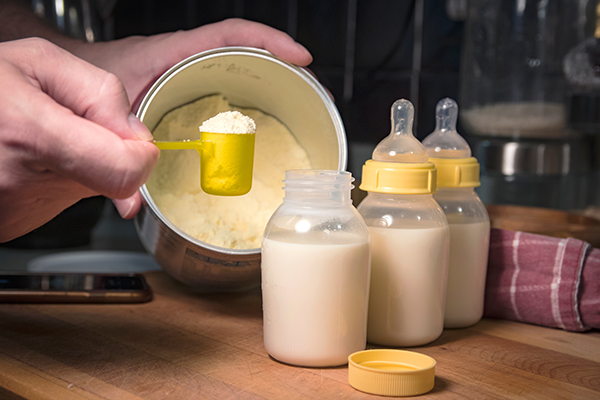As the EU’s Ukraine grain ban ends, longtime ally Poland blasts Zelensky for trying to flood Europe with cheap grain and produce, driving farmers out of business
09/21/2023 / By Ethan Huff

The European Union’s (EU) ban on the import of Ukrainian grain may have just ended, but this does not mean that Poland, Hungary, and Slovakia and numerous other objecting nations are planning to import any of it any time soon.
To protect their own farmers from being undercut by Ukraine’s cheap grain, Poland, Hungary, and Slovakia have all enacted their own country-wide bans on Ukrainian grain. And Romania, Croatia, and possibly even Bulgaria, are all considering doing the same.
Rather than accept that these countries have a duty to protect their own people and agricultural sectors from collapse due to an influx of cheap Ukrainian grain, Ukraine is instead pitching a fit to the World Trade Organization (WTO), which is adding another layer of conflict to the “powder keg” known as Europe right now.
Poland, which remains one of Kiev’s staunchest military allies in the war against Russia, is so upset about Ukraine’s efforts to have the WTO overrule its national Ukraine grain ban that one of its officials stated that Ukraine “must be doing so great in the war against Russia if they are willing to initiate a trade war against its neighbors.”
(Related: Did you know that Ukraine’s farming sector is considered the “breadbasket” of Europe?)
Zelensky only seems to care about himself, all others be damned
Warsaw says it has to protect its own farmers against cheaper Ukrainian grain if the country hopes to remain economically viable. Warsaw also wants Kiev to know that Poland has continued to supply Ukraine with aid, while also serving as a transit country to Ukraine.
The next step for Poland, now that Ukraine has officially filed a complaint with the WTO about the trade dispute, will be to explain its situation before a WTO tribunal. There, Polish officials will emphasize that the grain ban applies only to imports and not to the “transit of Ukrainian grain.”
“There are business circles that have interests in Ukraine and would like to sell grain as quickly as possible at the lowest possible cost,” warned Polish President Andrzej Duda about the seriousness of all this. “We have to defend ourselves against it.”
“I would compare it to something like a drowning person … A drowning person is extremely dangerous because he can pull you to the depths … He can simply drown the rescuer.”
That latter statement by Duda serves as testimony to Ukraine’s flailing efforts to ward off Russia. We know that Russia is winning the war, despite Western media suggestions to the contrary, and Duda basically confirmed this with that simply analogy.”
Over in Bulgaria where there is not yet a Ukrainian grain ban established, farmers are rising up in protest about the coming produce “invasion.” Hundreds of farmers around the country are creating tractor convoys similar to the ones seen in The Netherlands last year.
In a statement, Bulgaria’s National Association of Grain Producers (NAGP) warned that Bulgarian farmers now face “unprecedented difficulties” after Bulgarian lawmakers decided to allow grain imports from Ukraine. The NAGP wants Bulgaria to ban Ukrainian sunflower, wheat, corn, rapeseed (canola), meat, fruit, vegetables, milk and other dairy products, and honey, as well as crude oil.
“Stop imports from Ukraine,” said Ventsislav Mitkov, chairman of the United Farmers National Association in Bulgaria, at a protest in the western town of Pernik, located about 18.5 miles from the national capital of Sofia.
“We mean wheat, sunflower, canola, all cereals, honey. We want increased control and immediate payment of the European measurements.”
The latest news about the deteriorating situation and escalating conflict between Ukraine and the rest of the world can be found at WWIII.news.
Sources for this article include:
Submit a correction >>
Tagged Under:
economic riot, economics, EU, Europe, European Union, food, food collapse, food supply, Grain, grain ban, outrage, Poland, Russia, Russia-Ukraine war, supply chain, Ukraine, Volodymyr Zelensky, wheat war, world agriculture, WWIII
This article may contain statements that reflect the opinion of the author
RECENT NEWS & ARTICLES
COPYRIGHT © 2017 FOOD SUPPLY NEWS




















